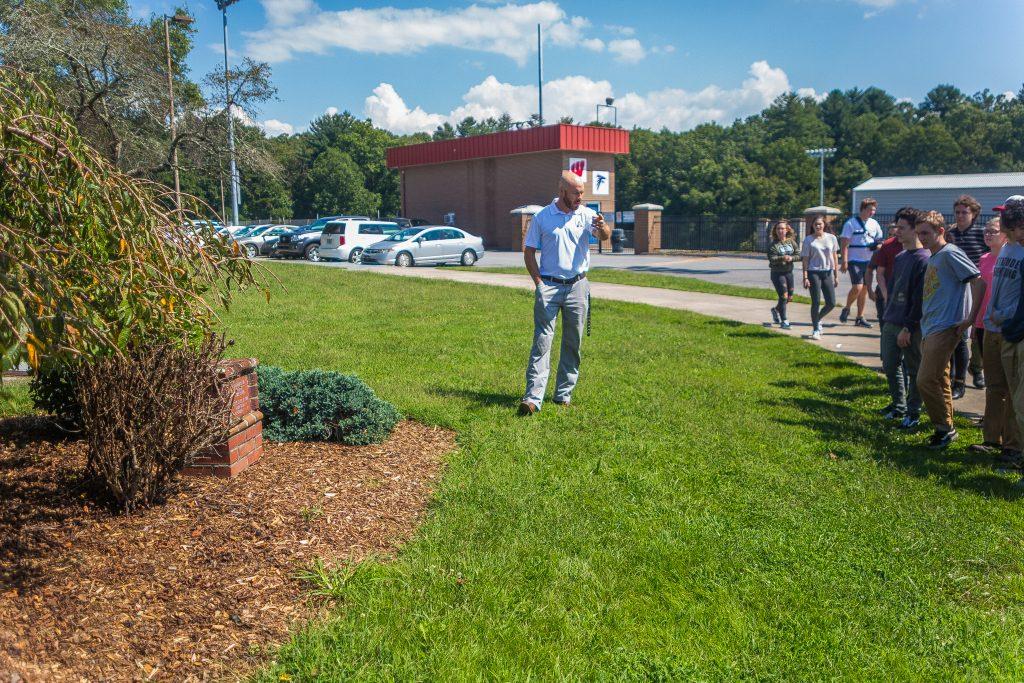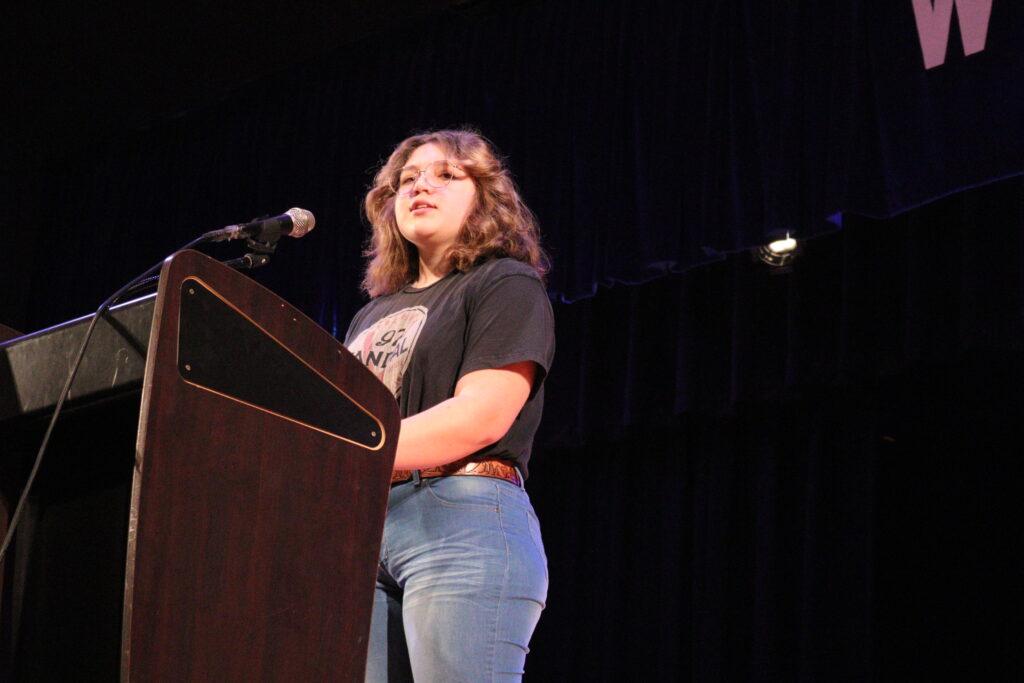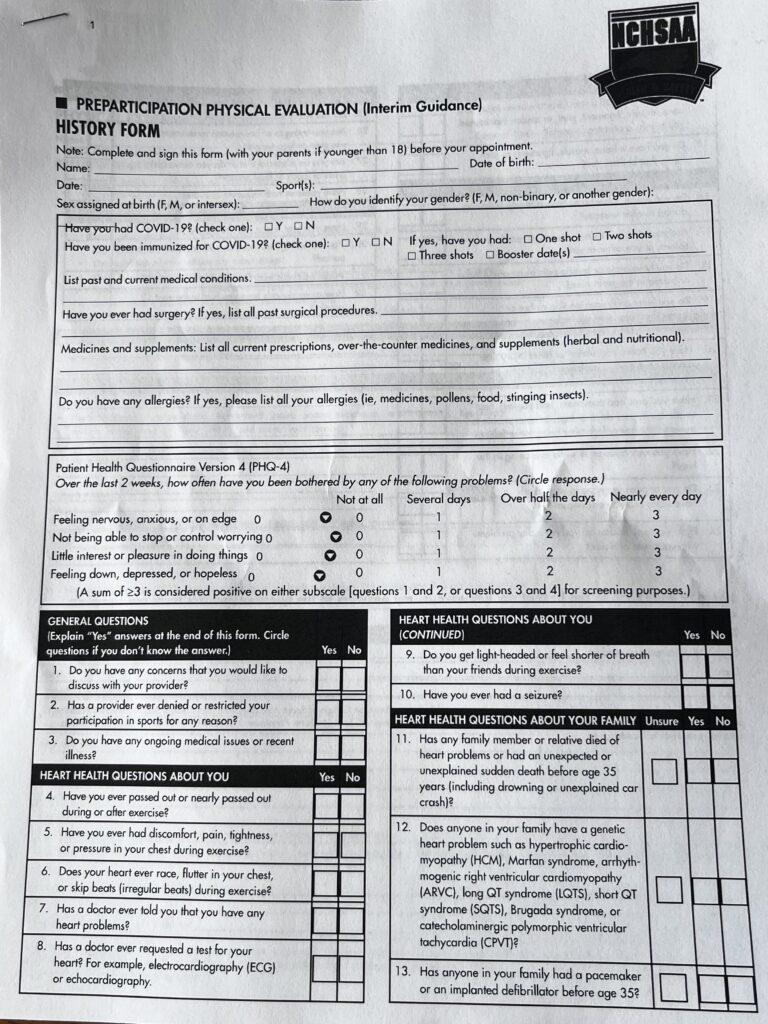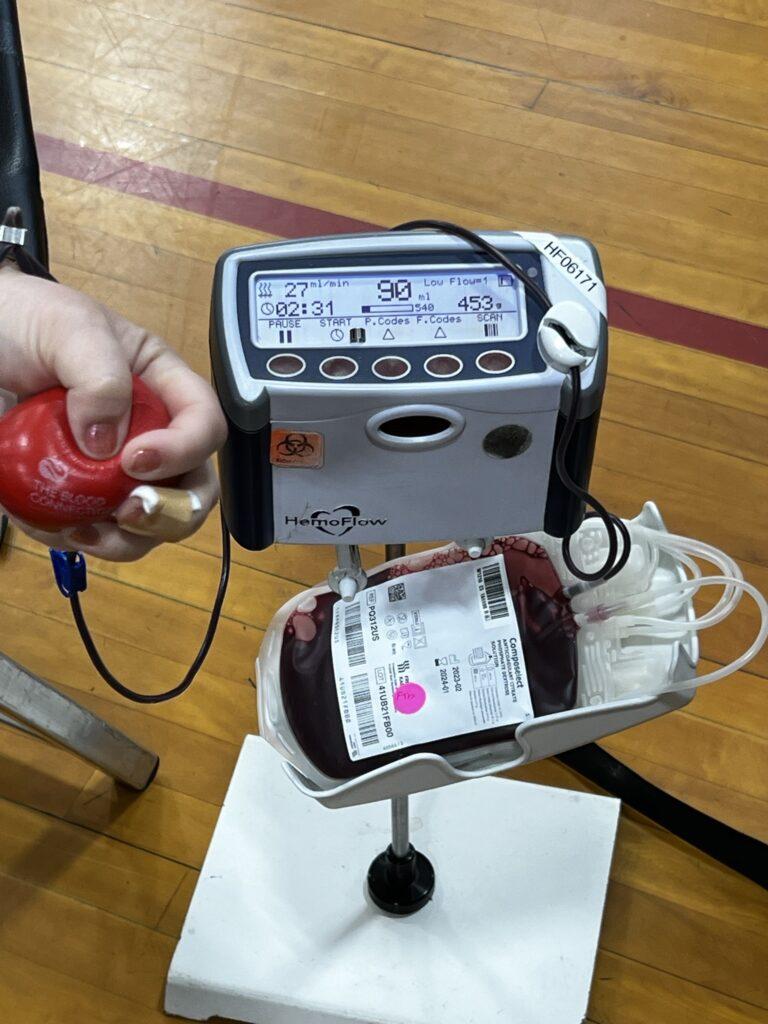Sept. 11 has come and gone, but one class is still learning about that infamous day. Every year, American history teacher Daniel Holbert spends a week and a half on a lesson about the terrorist attack that changed America. The lesson covers everything from what a terrorist organization is all the way to the conspiracies surrounding the attack.
“I teach two days on the basic rise of terrorism, from the 1980s to the 2000s to give my students a basic idea of how terror organizations organized in the decades before Sept. 11, main terror organization leadership structures, goals, tactics, and things like that,” Holbert said.
In the 1980s and 1990s, while still a threat, terrorism was mostly conducted on foreign soil. Although some planes were hijacked, most were landed in areas controlled by the terrorist organizations, such as with TWA (Trans World Airlines) Flight 847 where the passengers were held as hostages in Lebanon for 17 days. The usage of a plane as a weapon in a terrorist attack was almost unheard of until the attack on Sept. 11.
This sudden increase in terrorist attacks in the 1980s and 1990s was caused by many things, three of the notable causes being the brutal era of colonialism ending with the partition of Palestine, the rise of the Islamic Republic of Iran, and the Soviet invasion of Afghanistan.
Holbert also teaches about three of the most popular conspiracies; the towers falling was a controlled detonation, Flight 93 was shot down by a fighter jet, and the pentagon was struck by a cruise missile rather than a jet.
“On that day I try to make these kids in my class think 9/11 was a conspiracy, and I just present evidence from that one side,” Holbert sad. “The next day, I present from the view of the 9/11 commission report. So I present from the government’s point of view on day two, and I argue against myself.”
After he presents both arguments, Holbert shows the facts. Those facts include the number of deaths, the number of children affected, and the percent of people in the United States who knew someone that died in the attack.
Holbert also presents his own personal experience with 9/11 on that day. He was a seventh grader at the time of the attack, and his father pulled him out of school that day to explain to him what had happened, and why it was important.
Holbert also tells the story of the day Bin Laden was pronounced dead. He was a junior studying for finals at Appalachian State University when he heard a roar of students and car horns coming from the campus. He watched the president’s speech overjoyed, as the man who orchestrated the attack that was the defining moment in his life, along with so many others, was finally dead.
As with all things, Holbert’s 9/11 lesson has the chance to generate controversy. Teaching about such a sensitive topic can make some students feel a little bit nervous, especially when part of what is being taught is the conspiracies. Holbert said he believed it was a not an issue, as there was far more to the lesson than just the conspiracies.
“I’m teaching things that aren’t in the textbook. If you want me to be a teacher that says, ‘Hey read chapter one, and answer the questions,’ then you hired the wrong person,” Holbert said. “My job is to try and get [students] to use [their] brains to evaluate information, to evaluate texts and sources, and then to make informed decisions for a lifetime. I don’t lie to my students in either of my lessons plans. They can fact check me; they can look into the information I provide. There’s not a single lie in any of it. I’m presenting two different sides of an argument based on physics. I have Mr. Zalevskiy help me make arguments based on some of Newton’s laws. I had him help me with understanding momentum conservation because I’m a history teacher, I’m not a physics teacher. I’m not lying to them or making it up, I’m just presenting two sides of a story. If anyone is upset with what I’m doing, by all means, I invite them to come watch it.”
It seems that his lesson has had the intended effect on many of hs students. Despite some people’s’ fears about what teaching this subject will do, junior Nicolas Aguilar believes that lessons like the one Holbert is teaching are important in a learning environment.
“I definitely learned a lot more than I thought I knew about Al Qaeda, and what their major motives were behind the attacks on the World Trade Center on Sept. 11,” Aguilar said. “I 100 percent question my sources now before I read them. Holbert taught us to not trust what people say, but to listen to it. We were taught to find our own evidence, and base our opinions off of what we find rather than what we’re told.”
By: Evan O’Donnell, News Editor













